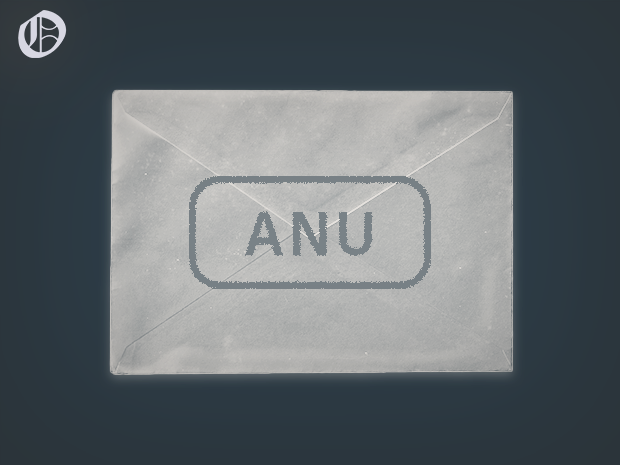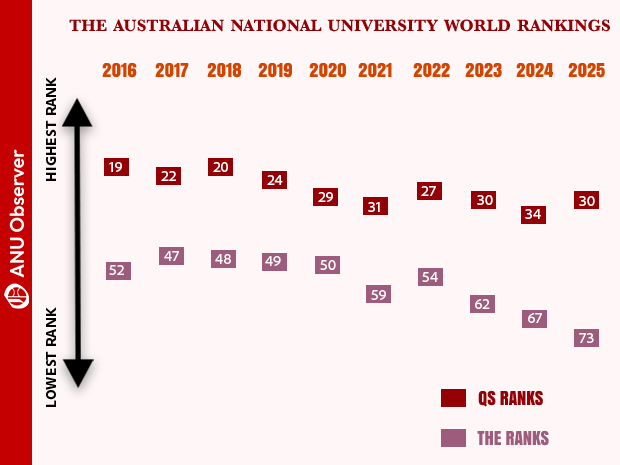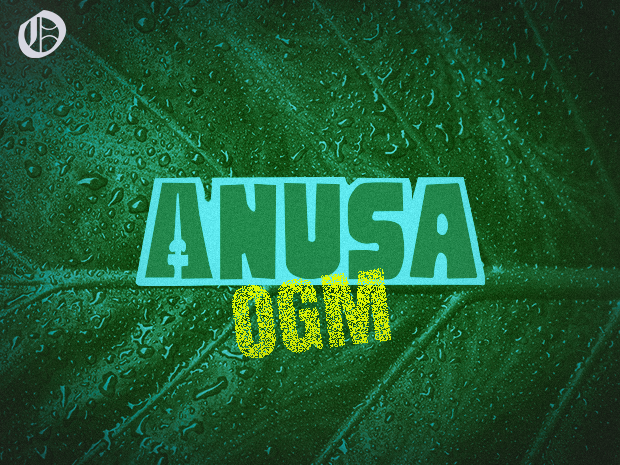ANU Student’s App Brings Cheaper, More Sustainable Groceries to Student Doorsteps

Written by: Evie McEachern
ANU student Kayleigh Sleath’s entrepreneurial efforts are changing the way other students buy their groceries amidst a worsening cost of living crisis and increasingly unsustainable supply chains. Her recently developed app ‘Ohna’ allows students to have fresh produce delivered to them every week.
‘Ohna’, (pronounced Oh-nah) is Sleath’s passion project, delivering fresh produce to students through the convenience of an app. Its goal is to cut out the middleman (i.e. supermarket chains) by delivering produce from local farmers straight to buyers. This framework allows farmers to receive 100% of the profit, whilst keeping the price lower for consumers than when buying from the supermarket.
A variety of produce is currently available for delivery to ANU’s residential colleges. Alternatively, off-campus students can pick up their orders from the Food Co-op, which is five minutes from Kambri.
Inspired by the podcast ‘How to Save the Planet’, Sleath started Ohna during the 2021 lockdown. After listening to an episode about regenerative agriculture, she became highly concerned with the issues with our food system. Her main finding was that our current food supply chains are not resilient enough to deal with the effects of climate change.
“[Big industrial farms] rely on these really long supply chains to be able to get food to us. And the problem with that is when you have extreme weather events or other shocks to the system, you can have food shortages.”
Post-Covid, much research found that a restructuring of the food supply chain was necessary, emphasising the importance of small and mid size farms. However, despite this, many small and mid sized farms are currently going out of business because they are not being paid enough by the main supermarket chains.
After speaking to farmers in her hometown on the South Coast, and in Canberra, Sleath decided to create the technology necessary to connect farmers and buyers. It was a slow process at first, but over time she improved in being able to write code for the app and involved other students to help launch the final product.
When asked about ANU’s involvement in Ohna, Sleath advises other students that while ANU has been supportive, it required some resilience.
“A lot of the reason I have been able to do this is because ANU ended up letting me do it as a research project for part of my degree.”
“…But I really had to make it happen. It’s not like anything is set up, you kind of have to know what you want. And then go and do the convincing. Like, I had to hunt down the right people and convince the right people individually.”
While Ohna is currently only available in Canberra, Kayleigh and her team have hopes to expand to other locations in the future. Additionally, they are looking at assisting food organisations from across Australia who are currently already distributing food at a community food hub level, giving them the technology they need to make their services more widely accessible.
Sleath hopes that another part of this expansion is the involvement of more ANU students as part of the team.
“If any readers are keen to try working on a start up as part of their degree, they can come work with us”.
You can contact the Ohna team on [email protected] or via their instagram @ohnateam.
Graphics by: Annisa Zatalini
Know something we don’t know? Email [email protected] or use our anonymous tip submission.
If you have an issue with this article, or a correction to make, you can contact us at [email protected], submit a formal dispute, or angry react the Facebook post
Want to get involved? You can write articles, photograph, livestream or do web support. We’re also looking for someone to yell “extra!” outside Davey Lodge at 1AM. Apply today!









